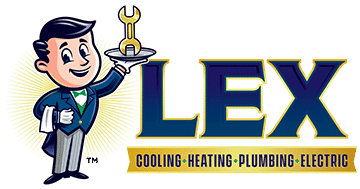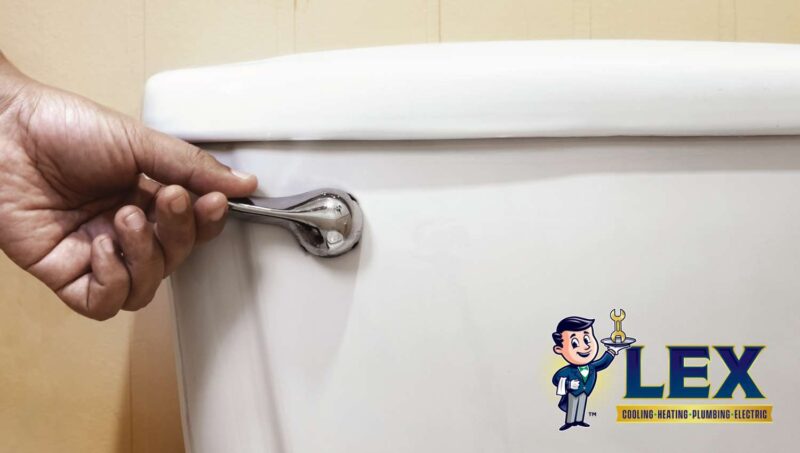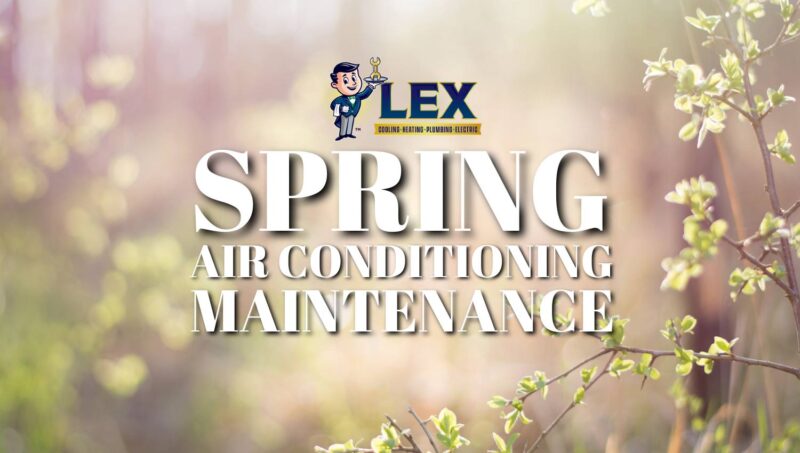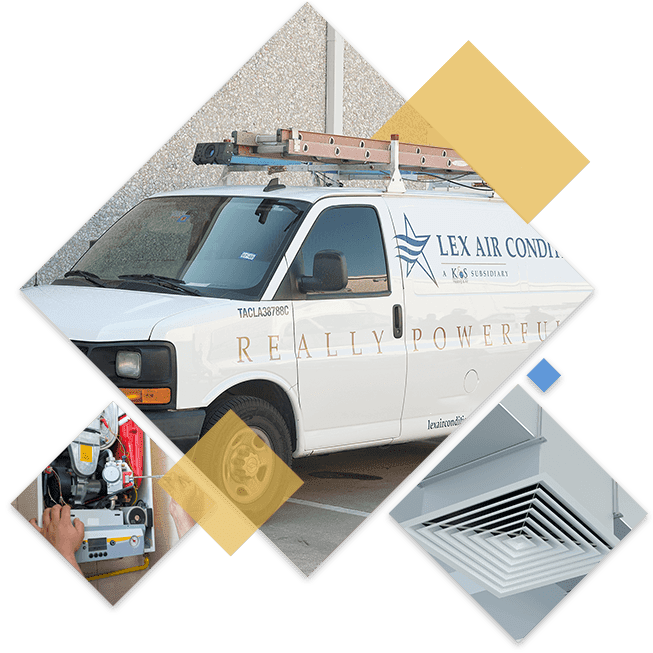With indoor air quality and the transmission of viruses a top concern these days, we thought we’d help answer a question we’ve been getting a lot lately: Can the flow of air produced by an HVAC system spread disease?
Let’s dive into what the U.S. Centers for Disease Control has to say.
A Case Study
During a three-week period in early 2020, the coronavirus disease affected ten people who had eaten at an air-conditioned restaurant in Guangzhou, China. The CDC concluded that airflow was a key factor for infection.
The outbreak began when one infected person sat at a table with nine friends, of which about half became infected. However, the disease spread further with the aid of airflow from the restaurant’s HVAC system. The CDC notes that airflow from the air conditioner’s ventilation system moved left to right, exposing diners seated downstream. About 75% of that group became infected, as well. Everyone seated at tables outside the main flow of air produced by the HVAC system remained safe.
Whether or not the coronavirus actually circulated through the restaurant’s HVAC system — passing through the filter and ducts — or if it simply traveled on a short current of air is unknown. However, the case does prove that airflow is a significant factor in the spread of disease.
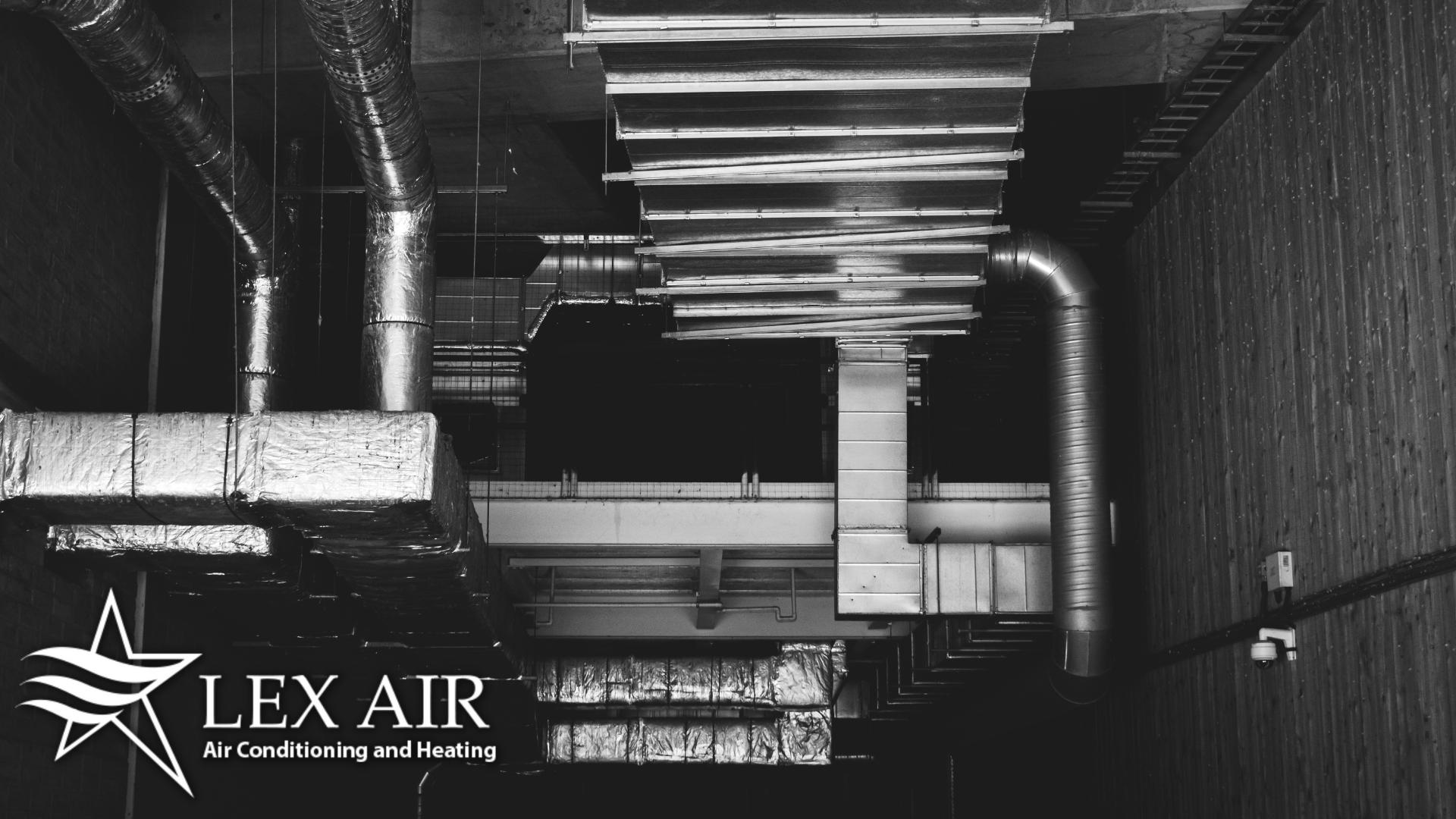
The Dangers of Viral Particles in Building Ventilation Systems
Viral particles can spread more easily indoors than outdoors since a simple gust of wind can carry the particles away outside. When someone coughs or sneezes indoors, those particles have nowhere to go. As the indoor air is constantly circulated through the ventilation system, those viral particles can continue to be recycled through the air. If a building is poorly ventilated, airborne transmission can increase the spread of respiratory tract infections (influenza, rhinovirus, and tuberculosis). While spreading viruses through building ventilation systems is likely, there is still little evidence that poor ventilation can increase the spread of SARS-COV-2, the virus that causes COVID.
How To Prevent the Spread of Disease Through HVAC Systems
To improve ventilation and prevent the spread of airborne particles, you don’t need to replace your existing HVAC system. A simple reconfiguration of the current heating, ventilation, and air conditioning system can lower the chances of contaminated air flow. By reconfiguration of the air flow, fresh air is introduced into the air conditioning systems which will prevent contaminated air from recirculating. The reconfiguration process will need to be handled by an experienced HVAC technician.
Another way to prevent the spread of infectious diseases through ventilation systems is to use HEPA, High-Efficiency Particulate Air, filters. This portable air cleaner filters out particles above 0.3 microns which will help eliminate the larger infectious droplets from the indoor space. These portable air cleaners also improve air quality by lowering the overall amount of bacteria, allergens, and viruses that are airborne. It’s recommended to get a filter that has a MERV-13 rating or higher which can trap even smaller particles, like viruses.
If you’re looking to completely replace your air duct system, a ductless heat pump can prevent recycling the same air. A mini-split system still recirculates indoor air instead of bringing outdoor air inside, but that indoor air will stay within that same room. Air duct systems share and spread the air throughout the entire space and between all the rooms.
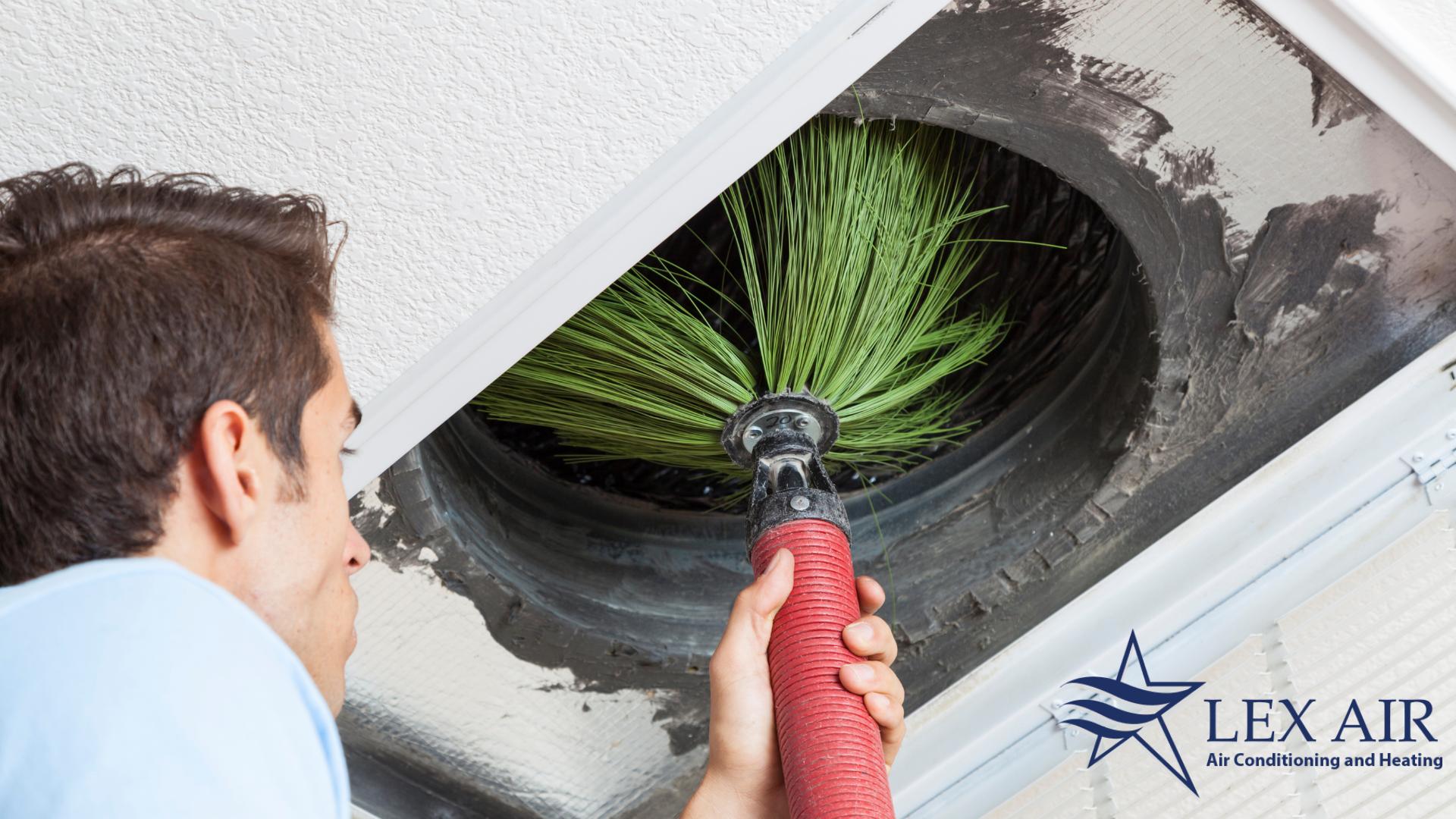
How a Qualified HVAC Contractor Can Help
Commercial property developers should consult a reputable HVAC technician to keep occupants healthy by improving airflow and installing air purification technology to eradicate certain biological contaminants.
Homeowners can invest in air purification systems, as well. A whole-home air scrubber uses a UV light to destroy bacteria, pollen, and other allergens before they reach your return vents. While an air scrubber hasn’t yet proven effective against the coronavirus specifically, it can eliminate up to 90% of airborne contaminants. Reducing allergens will prevent sneezing, which is one way COVID-19 spreads.
The Importance of Good Indoor Air Quality
When we think of air pollution, we think about outdoor air that’s full of pollutants like smoke, but there are just as many dangerous particles in the air we breathe indoors. Poor indoor air quality can lead to many health issues, including heart diseases, respiratory diseases, cancer, and more. By equipping your home or business with an air purifier or other air quality control appliances, you can significantly improve your health, as well as others. Air purifiers and HEPA filters are just a couple of air filtration systems that can clean the air you breathe. At Lex Air Conditioning and Heating, we offer several air quality services, including air scrubbers, humidifiers and dehumidifiers, and duct cleaning.
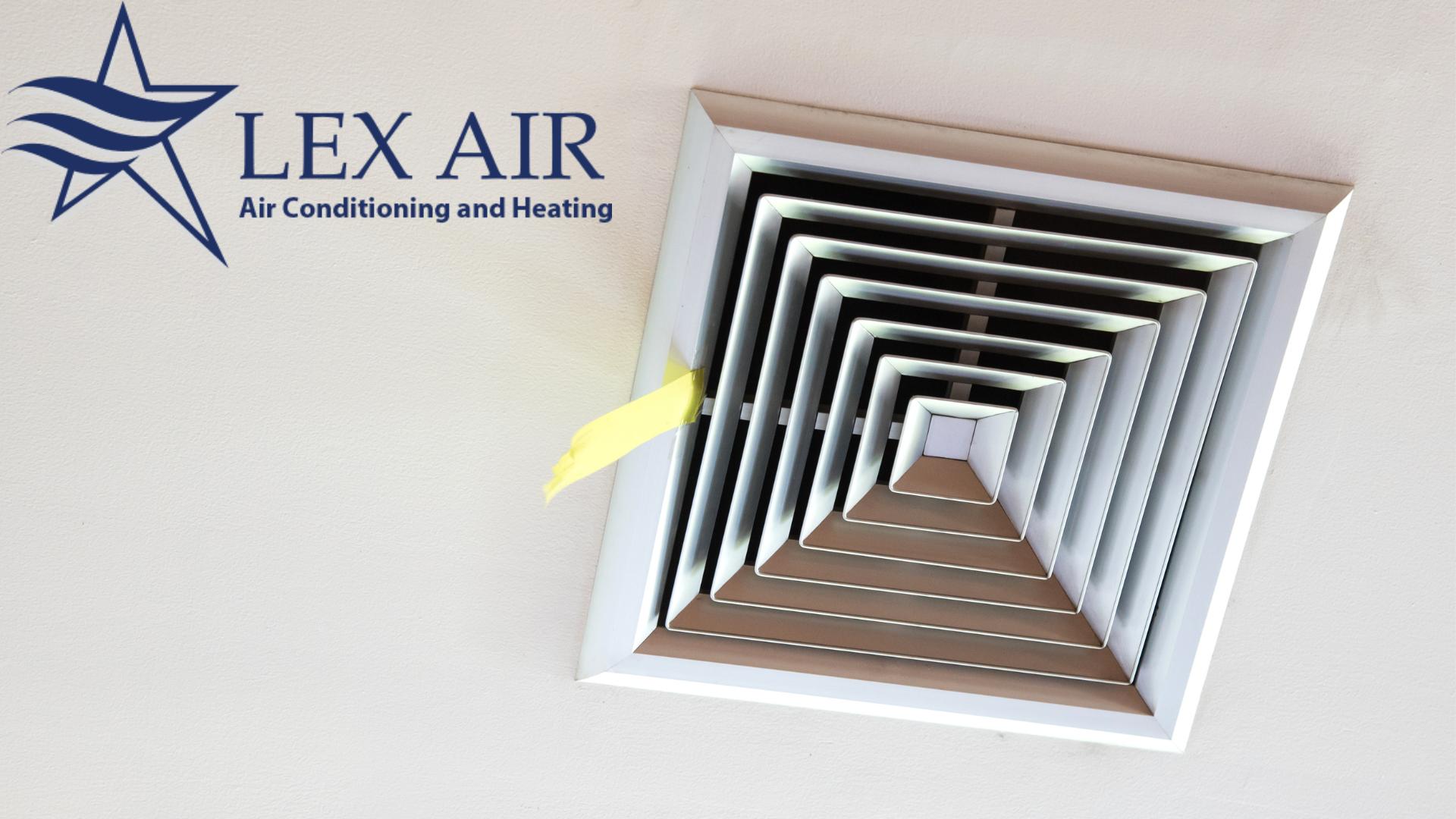
What To Expect When You Hire Lex Air Conditioning and Heating
Whether you’re a commercial property owner who’d like to make your building’s occupants safer or a homeowner interested in air cleaning technology, Lex Air Conditioning, and Heating is happy to discuss your indoor air quality needs. When you hire Lex Air Conditioning and Heating, you can expect the following:
- Free estimates on HVAC system replacements
- Free service calls with all heating and AC repairs over $350
- 24/7 emergency HVAC services
- Monthly tips for heating and cooling systems
- Discounts on preventative maintenance
- Comprehensive HVAC maintenance plan
- Exclusive offers from manufacturers
- Special financing options
- Total satisfaction guarantee on parts and labor
At Lex Air Conditioning and Heating, our HVAC team takes exceptional pride in our work and strives to provide an unbeatable customer experience with every service. To learn more about how our team can help take care of your heating and air conditioning needs, call (972) 217-8955 today. You can also send us a message online.
